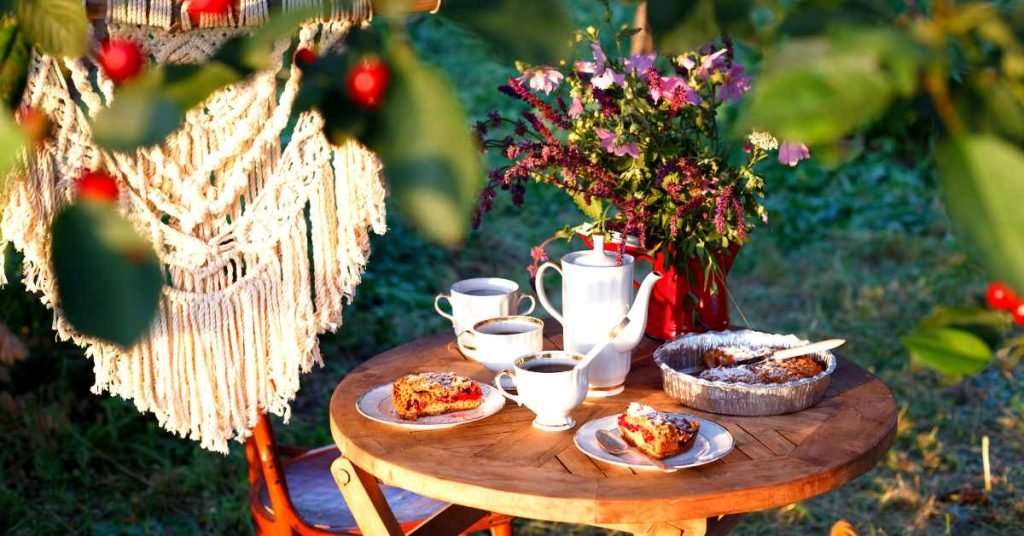Switzerland consumes almost a pound of tea per capita per year.
Most Swiss people prefer Black tea, while there are others who like Green tea and multiple herbal variants.
The Alps country even has a tea plantation in Ascona, boasting plants of Camellia Sinensis.
History of Tea in Switzerland
Tea didn’t show up in Switzerland until the 18th century, just like coffee and chocolate.
However, ever since, tea has become quite a popular nonalcoholic beverage throughout the year.
Although cheese and chocolate are the two things we immediately think of when thinking of Switzerland, this European jewel also boasts rich tea culture.
Tea Culture in Switzerland
Switzerland’s tea culture is an ongoing trend, especially in the larger cities like Basel, Lucerne, Bern, and Geneva.
Specialized tea shops and tea houses are a common sight on the streets of these cities, as the demand for Green, Black, and herbal teas is growing.
Jasmine, Hibiscus, and Matcha are some of the favorite flavors of the Swiss, especially during winter.
The most specific tea ritual in Switzerland started 30 years ago, and it includes Swiss cheese varieties and Asian teas.
The idea was born by the Belgium lady, Fabienne Effertz, who came up with an exquisite combination for the non-alcoholic drinking guests at her wine&cheese shop. The ones who would love to try her cheeses but didn’t fancy wine asked for a different beverage, which Effertz converted into a chees&Black tea ritual that spread fast, especially in the German-speaking part of the country.
Since then Switzerland can proudly share its tea culture with the world, as well as its delicious artisanal cheeses.
MEDICAL DISCLAIMER
Itsnevernotteatime.com cannot and does not contain medical/health advice. The medical/health information is provided for general and educational purposes only and is not a substitute for professional advice.




